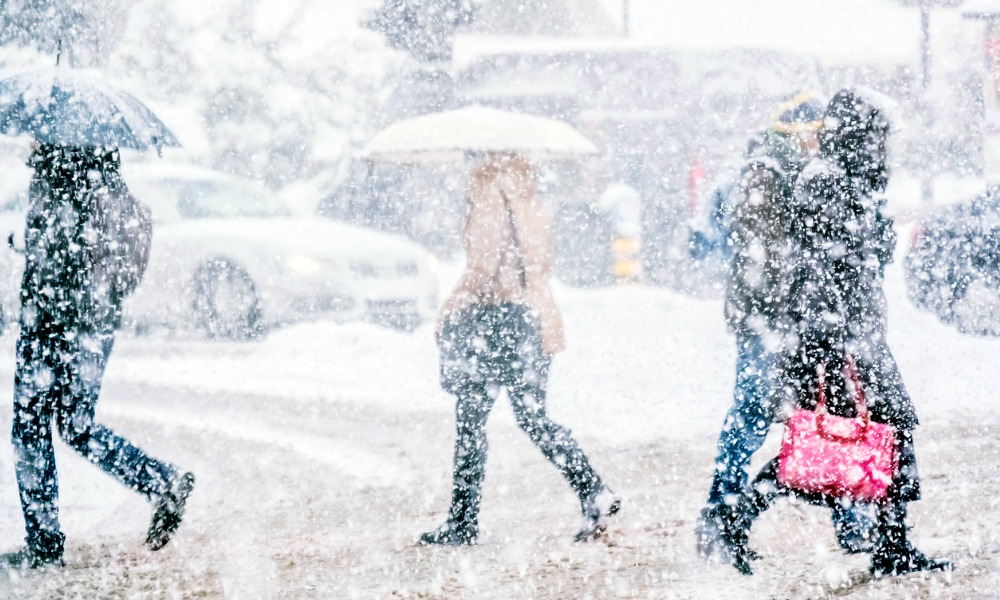
Risks of respiratory and mental health illnesses are growing higher

With the last end of the year closing in, the risk of influenza and other respiratory illnesses is also increasing for many people in the northern hemisphere.
And as more workers get invited back to workplaces, public health experts are growing more concerned about potential surges in flu and COVID-19, said Dr. Irene Lai, medical director at International SOS.
"Organisations should similarly anticipate a rise in illness and take steps to reduce the risk," Lai said. "Encouraging vaccination, even running a workplace vaccination campaign, can reduce illness and absence."
Canada’s Public Health Agency has already declared a flu epidemic as the percentage of FluWatchers reporting fever and cough is "well above levels typical of this time of year."
"At the national level, influenza activity has crossed the seasonal threshold, indicating the start of an influenza epidemic. All surveillance indicators are increasing and most are above expected levels typical of this time of year," the health agency said in its FluWatch report.
The World Health Organisation (WHO) also revealed that around 3-5 million people suffer from influenza, while 650,000 people died from the disease annually before the COVID-19 pandemic.
"Late last season, we saw an increase in influenza – and we may see an early and significant increase in the transmission of influenza and other respiratory viruses this autumn and winter," the WHO said in October.
In addition to respiratory illnesses, employers also need to worry about the mental health and wellbeing of their employees during the winter. With the season bringing shorter days and reduced sunlight, International SOS warned that it could impact an employee's sleep, appetite, energy levels, and mood.
It warned that seasonal affective disorder, a type of depression, can also hit employees. Medline Plus said seasonal affective disorder occurs in 0.5% to 3% of the general population. It also affects 10% to 20% of people with major depressive disorder and about 25% of people with bipolar disorder.
International SOS advised employers to create a work culture that supports mental health and gives employees access to mental health professionals.
To further minimise the risks of catching something dangerous in winter, the organisation outlined the following tips for employees:
"Workers should be encouraged to remain at home if they are sick. Organisations that have not yet reviewed their workplace ventilation should do so now," Lai said.
Dr. Timothy Sly, epidemiology professor at Toronto Metropolitan University, also advocated for the return of masking policies in the workplace, adding that ideally, employers should provide N95 respirators to ensure protection.
"With an N95, you're cutting your risk way down … to a factor of one-tenth of what it was before," Sly said.